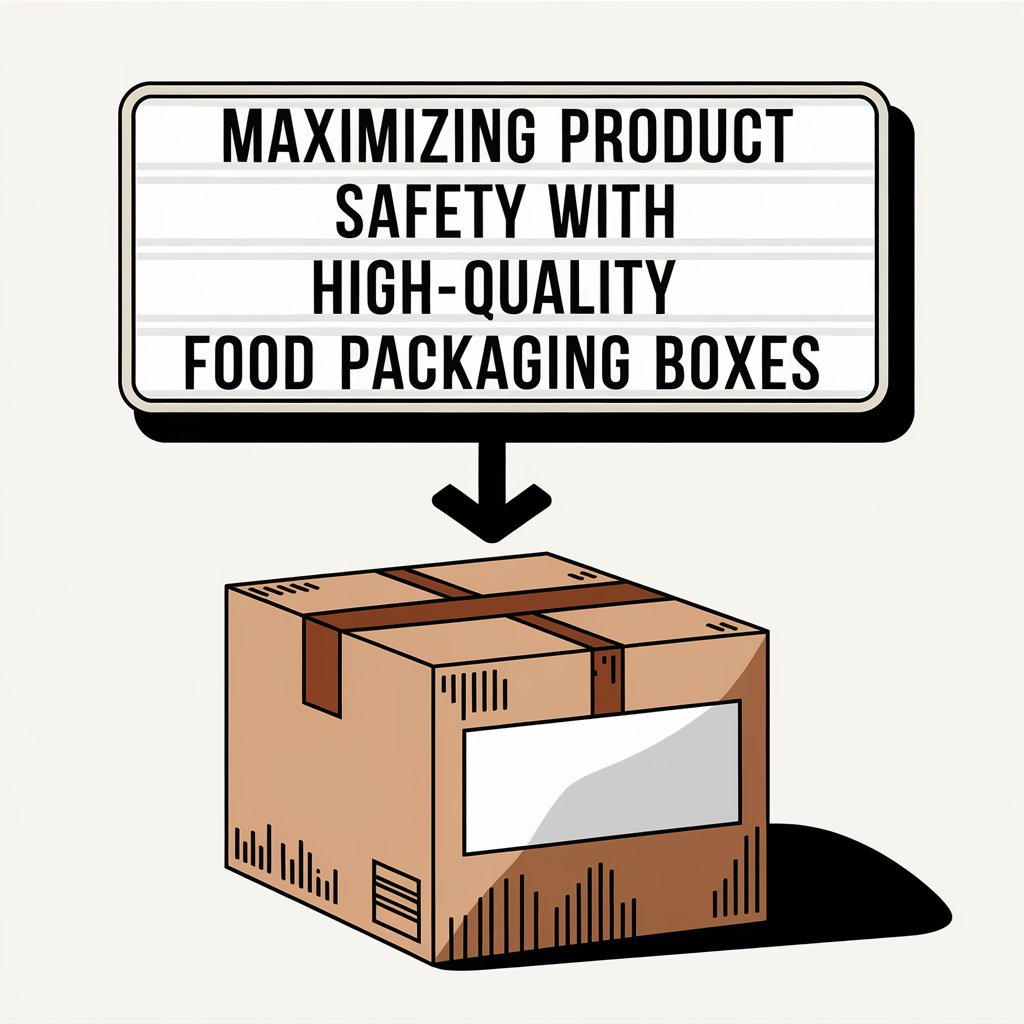When families face legal challenges, emotions often run high and the stakes feel overwhelming. Whether it’s a divorce, custody dispute, adoption, or financial disagreement, navigating the legal system without guidance can be daunting. That’s where family lawyers come in—not just as legal experts, but as strategic partners who help families make informed decisions during difficult times. Understanding what to expect when working with a family lawyer can ease anxiety and empower you to take control of your situation.
When navigating the complexities of family law, it’s crucial to have the right support and guidance. Engaging with family law specialists in Washington can provide the expertise needed to handle sensitive issues such as divorce, child custody, and asset division. These professionals offer personalized strategies tailored to each family’s unique circumstances, ensuring that all legal processes are managed efficiently and with care. By working closely with experienced attorneys, families can achieve resolutions that prioritize their well-being and future stability, making the legal journey less daunting and more manageable.
This step-by-step guide walks you through the process, from the initial consultation to resolution, so you know what lies ahead.
Step One: The Initial Consultation
The journey begins with an initial consultation, which is typically a meeting where you and the lawyer discuss your situation, goals, and concerns. This is your opportunity to share the details of your case, ask questions, and determine whether the lawyer is the right fit for your needs. The lawyer will listen carefully, assess the legal issues involved, and explain your options. They may ask for relevant documents, such as marriage certificates, financial records, or custody agreements, to better understand the scope of your case. This meeting is also when you’ll learn about fees, billing practices, and what kind of support the lawyer can offer. Transparency is key, and a good family lawyer will ensure you leave the consultation with a clear understanding of the road ahead.
Step Two: Case Evaluation and Strategy Development
Once you’ve officially hired a family lawyer, they will begin a thorough evaluation of your case. This involves reviewing all relevant documents, identifying legal issues, and determining the best course of action. The lawyer may consult with financial experts, therapists, or other professionals to build a comprehensive strategy. They’ll also explain the legal standards that apply to your case, such as how courts determine custody or divide assets. This phase is critical because it sets the foundation for everything that follows. Your lawyer will work with you to define your goals—whether that’s securing custody, protecting assets, or reaching a fair settlement—and develop a strategy tailored to your unique circumstances.
Step Three: Filing and Responding to Legal Documents
Family law cases often involve a flurry of paperwork. Your lawyer will prepare and file the necessary legal documents with the court, such as petitions, motions, and affidavits. If you’re responding to a legal action initiated by another party, your lawyer will draft a formal response that protects your interests. These documents must be accurate, timely, and compliant with court rules. Mistakes or delays can jeopardize your case, which is why having a lawyer handle this aspect is so important. Throughout this phase, your lawyer will keep you informed and ensure you understand what each document means and how it affects your case.
Step Four: Negotiation and Mediation
Many family law cases are resolved outside of court through negotiation or mediation. Your lawyer will represent you in discussions with the other party, aiming to reach agreements that are fair and legally sound. In mediation, a neutral third party helps facilitate dialogue and compromise. Your lawyer’s role is to advocate for your interests, ensure that any proposed agreements meet legal standards, and advise you on whether to accept or reject offers. This phase can be emotionally intense, but having a lawyer by your side helps you stay focused and make decisions based on logic rather than emotion. If successful, negotiation or mediation can lead to a faster, less adversarial resolution.
Step Five: Court Proceedings
If negotiation fails or if your case involves serious disputes, it may proceed to court. Your lawyer will prepare you for hearings or trial, explaining what to expect and how to present yourself. They’ll gather evidence, interview witnesses, and build a compelling case to present before a judge. In court, your lawyer will argue on your behalf, cross-examine witnesses, and respond to the other party’s claims. This phase requires precision, preparation, and poise. Family lawyers are trained to navigate the courtroom with confidence, ensuring that your side of the story is heard and that your rights are protected.
Step Six: Resolution and Implementation
Once a decision is reached—whether through settlement or court ruling—your lawyer will help implement the outcome. This may involve drafting final agreements, transferring property, setting up custody schedules, or arranging support payments. They’ll ensure that all legal requirements are met and that the resolution is enforceable. If the other party fails to comply, your lawyer can take further legal action to enforce the terms. This phase is about turning legal decisions into practical realities, and your lawyer remains a key ally in making sure everything goes smoothly.
Step Seven: Post-Resolution Support
Even after your case is resolved, your relationship with your family lawyer may continue. Life changes—such as job loss, relocation, or remarriage—can affect custody, support, or other legal arrangements. Your lawyer can help you modify existing orders, address new disputes, or simply offer advice as your family evolves. Having a trusted legal advisor means you’re never alone when new challenges arise. Many family lawyers also offer referrals to counselors, financial planners, or other professionals who can support your family’s long-term well-being.
Conclusion: A Partnership Built on Trust and Advocacy
Working with a family lawyer is more than a legal transaction—it’s a partnership built on trust, empathy, and advocacy. From the first consultation to the final resolution, your lawyer serves as your guide, protector, and strategist. They help you navigate complex legal terrain while keeping your family’s best interests at heart. Understanding what to expect at each step empowers you to approach the process with confidence and clarity. Whether you’re facing a divorce, custody battle, or adoption, a family lawyer ensures that your rights are respected and your future is secure.






